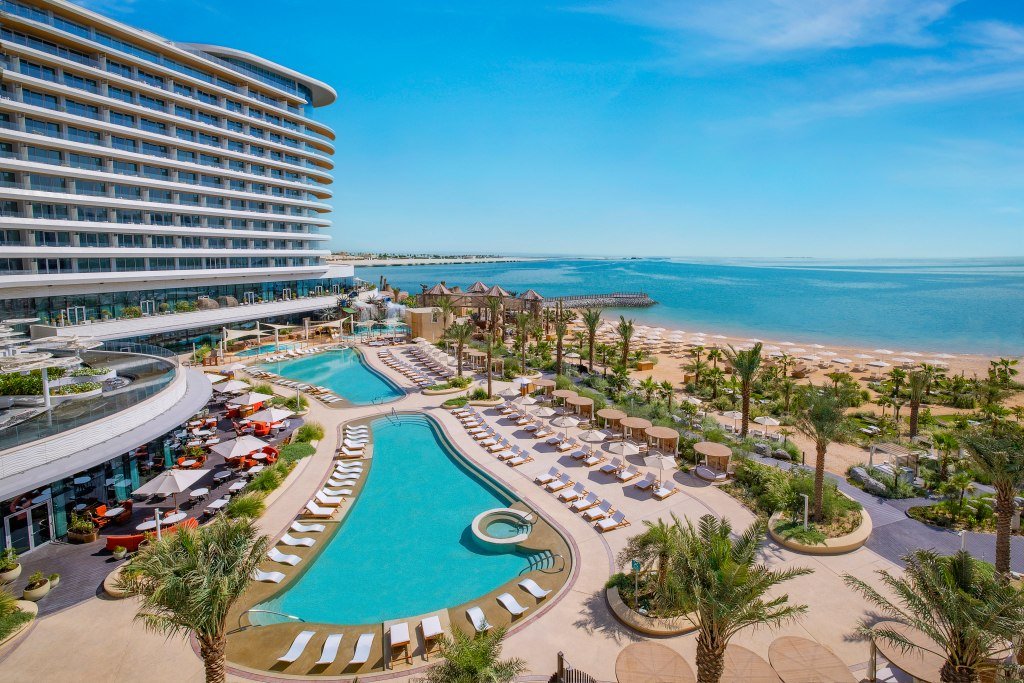
Mental health services must urgently increase investment in lifestyle interventions to improve care and help close the 15-year life expectancy gap faced by people with mental illness, a Lancet Psychiatry Commission report warns.
Lifestyle interventions targeting physical activity, nutrition, sleep and smoking are key to mental health care, not optional extras, according to the report by a team of 30 authors from 19 countries.
“Our lifestyles can change the trajectory of our mental and physical health,” said lead author Dr. Scott Teasdale, a dietitian and Senior Research Fellow with UNSW Sydney’s Discipline of Psychiatry and Mental Health and Mindgardens Neuroscience Network.
“Many people living with mental health challenges face barriers to being physically active, eating a balanced and nutrient-rich diet, getting quality sleep, and quitting smoking. These, in turn, impact their mental health further and contribute to physical health disparities,” Dr. Teasdale said.
Making changes to lifestyle risk factors eases symptoms and improves overall health, making it an important addition to psychological therapy and medication, he said. But people with mental illness need support to make such changes.
“This is not just about individual behavior change, it’s about transforming systems to support health and well-being,” Dr. Teasdale said.
A roadmap for reform
The Commission report, Implementing lifestyle interventions in mental health care, outlines a roadmap to improve care worldwide—from bringing in exercise and nutrition specialists to shifting workforce attitudes to prioritizing a holistic approach.
It builds on a 2019 Commission report on protecting physical health in people with mental illness who die 13 to 15 years earlier than the general population, largely due to preventable conditions like cardiovascular disease and diabetes.
Researchers reviewed 89 recent lifestyle interventions, targeting physical activity, nutrition, smoking cessation and sleep, to determine the most effective approaches, resulting in eight recommendations and 19 priorities for action. These were reviewed by people with lived experience and a Global South Advisory Group of 14 experts from lower-income and conflict-affected countries to ensure they could be adapted across diverse settings.
Increased funding, upskilling of mental health staff and enabling access to a broader range of allied health professionals will be key to better incorporating lifestyle interventions into care.
“Mental health services have traditionally focused on medications, crisis care and therapy, and lifestyle hadn’t been prioritized—in funding, training or service delivery,” Dr. Teasdale said. “We previously didn’t have the evidence on the benefits of lifestyle changes, but that’s no longer the case.”
While delivery methods must be tailored to local contexts, many core principles are universal, said senior author UNSW Professor Simon Rosenbaum.
“We’ve identified common elements that should apply to care, whether you’re in a refugee camp in Bangladesh or a hospital in Sydney’s eastern suburbs,” he said.
This includes creating psychologically safe environments and ensuring support staff have the empathy and skills to provide trauma-informed, culturally sensitive care.
“Embedding these interventions must be done in partnership with people who live with mental illness, and with attention to the social and economic realities they face,” Prof. Rosenbaum said.
Global South Advisory Group co-Chair Professor Pillaveetil Sathyadas Indu, from Kerala University of Health Sciences, said the recommendations were adaptable across diverse settings, including her home country of India.
“In countries with limited resources, the focus may be on upskilling existing staff and non-specialist workers, and engaging family members, to help deliver lifestyle interventions,” Prof. Indu said.
Embedding exercise and nutrition specialists into mental health services at top training and research institutions would also help drive systemic change, she said.
Shifting clinical practice in Australia
The shift to lifestyle-focused care is underway in Australia, with lifestyle changes included in clinical practice guidelines for mood disorders since 2020.
“An ideal treatment plan no longer starts and ends with medication and psychological support. It now begins with lifestyle changes and psychological support as the foundation, with medication added where needed,” Dr. Teasdale said.
But change has been slow, amid budget constraints and a stretched workforce, and more needs to be done by government, health services and education providers to better embed lifestyle interventions into care.
While this requires greater upfront investment, it would reduce more substantial health care and societal costs in the long term, Dr. Teasdale said.
“Improving these lifestyle factors is crucial for the mental well-being of every person, and in the prevention and management of mental illness.”
The report is one of two published by The Lancet Psychiatry Physical Health Commission, with the other, led by the University of Queensland, focusing on the physical health side effects of medication.
More information:
Scott B Teasdale et al, Implementing lifestyle interventions in mental health care: third report of the Lancet Psychiatry Physical Health Commission, The Lancet Psychiatry (2025). DOI: 10.1016/S2215-0366(25)00170-1
Sean Halstead et al, Holistic prevention and management of physical health side-effects of psychotropic medication: second report of the Lancet Psychiatry Physical Health Commission, The Lancet Psychiatry (2025). DOI: 10.1016/S2215-0366(25)00162-2
Citation:
Mental health care needs urgent reform to include lifestyle interventions, claims report (2025, August 13)
retrieved 14 August 2025
from https://medicalxpress.com/news/2025-08-mental-health-urgent-reform-lifestyle.html
This document is subject to copyright. Apart from any fair dealing for the purpose of private study or research, no
part may be reproduced without the written permission. The content is provided for information purposes only.







